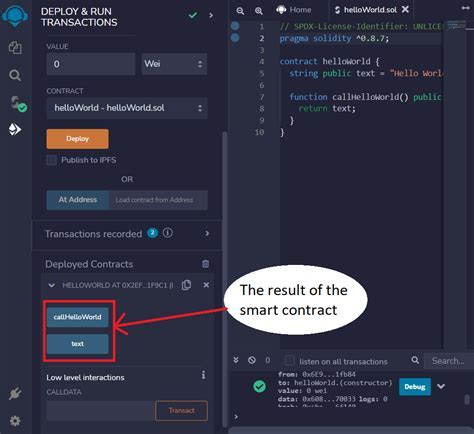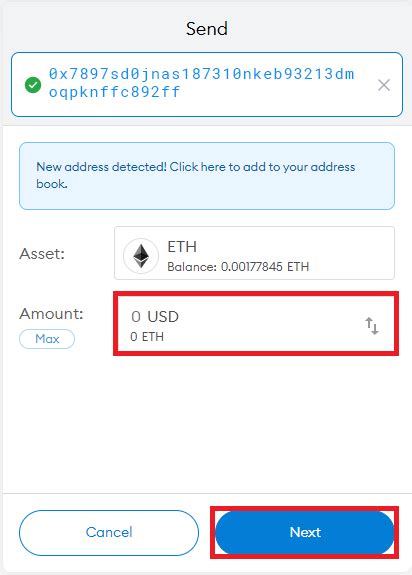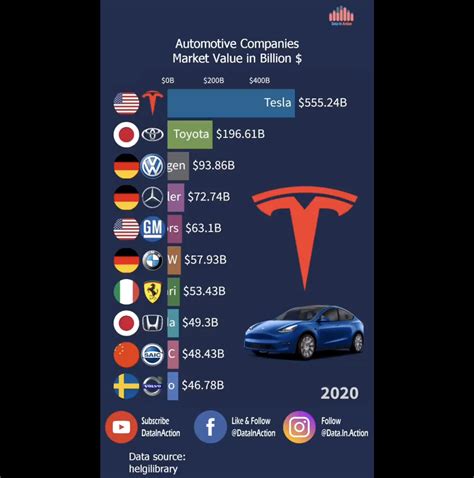Understanding Futures Trading: A Beginner’s Guide to Cryptocurrency
In recent years, the world of finance has witnessed a surge in interest from investors seeking alternative assets and new forms of trading. Among the many options available, cryptocurrencies have gained significant attention due to their potential for high returns and decentralized nature. However, while cryptocurrencies offer many benefits, they also come with unique risks and complexities that beginners should be aware of when it comes to futures trading.
What are Futures Traders?
Futures traders buy and sell contracts on assets at a specific date in the future, typically days or weeks before the end of the period. In the context of cryptocurrency trading, futures markets allow investors to speculate on the value of cryptocurrencies like Bitcoin, Ethereum, and others at a fixed price set for a specific time frame.
Understanding Cryptocurrency
Before diving into futures trading, it’s essential to understand what cryptocurrencies are. Cryptocurrencies are digital or virtual currencies that use cryptography for secure financial transactions and decentralized control. Examples of popular cryptocurrencies include:
- Bitcoin (BTC)
- Ethereum (ETH)
- Ripple (XRP)
Cryptocurrencies operate on a network of computers solving complex mathematical problems, securing the network through proof-of-work or proof-of-stake algorithms, and validating transactions.
Key Characteristics of Cryptocurrency
- Decentralized: Cryptocurrencies are decentralized, meaning they’re not controlled by any government or institution.
- Limited Supply: Most cryptocurrencies have a limited supply of coins, which helps to prevent inflation.
- High Security: Transactions on the blockchain are secure and transparent, thanks to cryptography and peer-to-peer communication.
Types of Futures Trading
There are several types of futures trading in the cryptocurrency market:
- Cash-Settled Futures: These contracts settle immediately after expiration with a cash payment equivalent to the value of the underlying asset at the settlement price.
- Futures Contracts: These contracts have an expiration date and can be settled in cash or by exchanging them for a different asset on a future date.
- Forwards: These are pre-settlement options that allow traders to lock in a specific price for a cryptocurrency before its actual value is determined.
Key Concepts
- Margin Trading: Traders use borrowed money to amplify potential gains and losses.
- Risk-Reward Ratio

: The ratio of the potential reward to the required deposit or risk.
- Leverage: Using borrowed funds to increase potential returns, but also increasing potential losses.
- Stop-Loss Orders: Automatic orders that sell an asset at a specific price to limit potential losses.
Fees and Commissions
In futures trading, fees and commissions vary depending on the exchange or broker:
- Exchange Fees: These may include slippage, transaction fees, and other charges.
- Broker Commission: Some brokers charge higher fees for futures trades than others.
- Funding Costs: Investors may need to pay funding costs when borrowing money from a brokerage firm.
Popular Cryptocurrency Exchanges
Some popular cryptocurrency exchanges for futures trading include:
- BitMEX
- Huobi
- Coinbase Pro
- Binance Futures
Conclusion
Futures trading in the cryptocurrency market offers many benefits, including high potential returns and diversification opportunities. However, it’s essential to understand the risks involved and manage your position accordingly.
Before diving into futures trading with cryptocurrencies, make sure you:
- Research: Educate yourself on cryptocurrencies, futures markets, and trading strategies.
2.






